In 2025, when the world feels more divided than ever, Alexander Cardinale’s reimagining of Cat Stevens’ “Peace Train” arrives like a much-needed salve. The Monterey, CA native (now living in Los Angeles) is known for his emotive songwriting and cinematic soundscapes, strips the 1970s classic down to its bones, offering a sylphlike yet pulsing rendition that balances nostalgia with contemporary sensibilities.
Where Stevens’ original was a summery, almost utopian anthem wrapped in soft folk-rock instrumentation, Cardinale takes a different route. The acoustic fingerpicking remains, keeping the track grounded in its roots, but instead of the lush orchestration and gospel-like crescendos of the original, he introduces a driving rhythm section in the chorus. It’s a stark contrast—one that lends the song an urgent, restless energy, as if the train isn’t just rolling down the track, but racing toward an unknown future.
Cardinale’s vocal delivery is the biggest departure. His take slants into a modern, almost whispered style, with understated phrasing that feels more intimate than declarative. Some might argue this softens the song’s impact, but in an age where subtlety and vulnerability resonate more deeply with younger listeners, it works. His hushed, restrained approach makes the lyrics feel like an internal monologue rather than a rallying cry—fitting for a generation processing collective anxiety while still longing for connection and peace.
The message of “Peace Train” has never been more relevant. Originally written in 1971, amid political turmoil and cultural upheaval, Cat Stevens’ version embodied hope for a better world. It was a song that transcended divisions, encouraging listeners to envision a brighter future through unity and compassion.
Fast forward to today: with social unrest, environmental crises, and a digital age that often amplifies division, Cardinale’s take on “Peace Train” reminds us why we still need songs like this. His decision to revisit the track after a personal journey of profound loss and healing—stemming from an IVF mix-up that led to an unexpected, but ultimately unbreakable, bond between two families—adds emotional weight to his interpretation. He understands firsthand that unity is not always easy, but it is essential.
Covering a beloved classic is always a gamble, especially when it comes to songs as iconic as “Peace Train.” Some artists have succeeded in reinterpreting classics—think Johnny Cash’s version of Depeche Mode’s “Personal Jesus” or Gary Jules ethereal take on Tears for Fears “Mad World.” Others have faltered, either by playing it too safe or by veering too far from the song’s soul.
Cardinale’s version lands in that sweet spot. It’s reverent without being redundant, fresh without being forced. Where some covers feel like empty nostalgia plays, this one feels deeply personal, an evolution of the song rather than just a retread.
In an era where everything moves fast, where division feels like the default, and where hope sometimes feels like a relic of the past, Cardinale’s “Peace Train” is a reminder that music still has the power to heal and can bring us a little closer together.
Jason Hillenburg
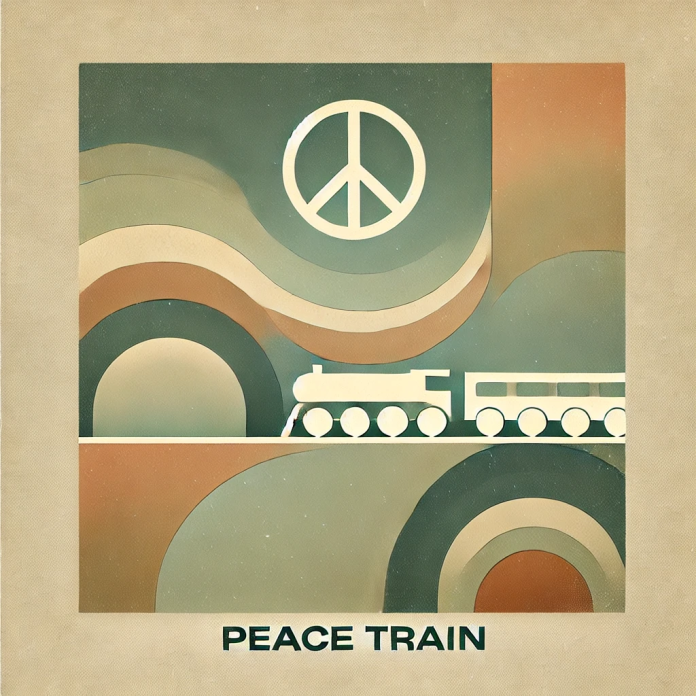








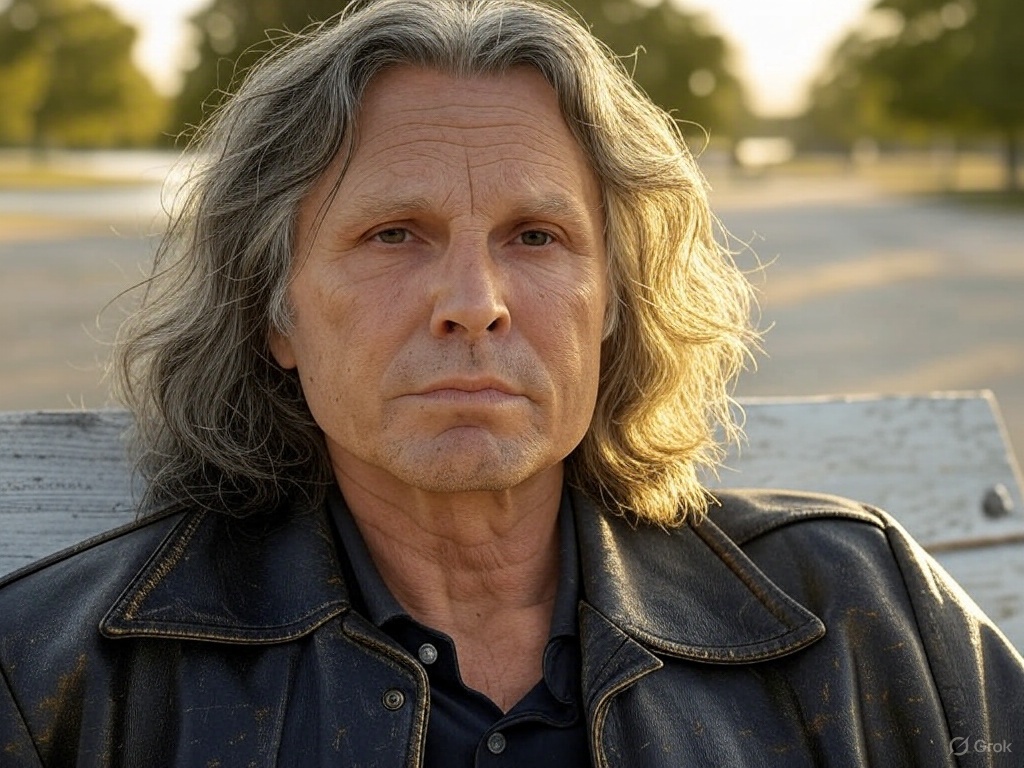

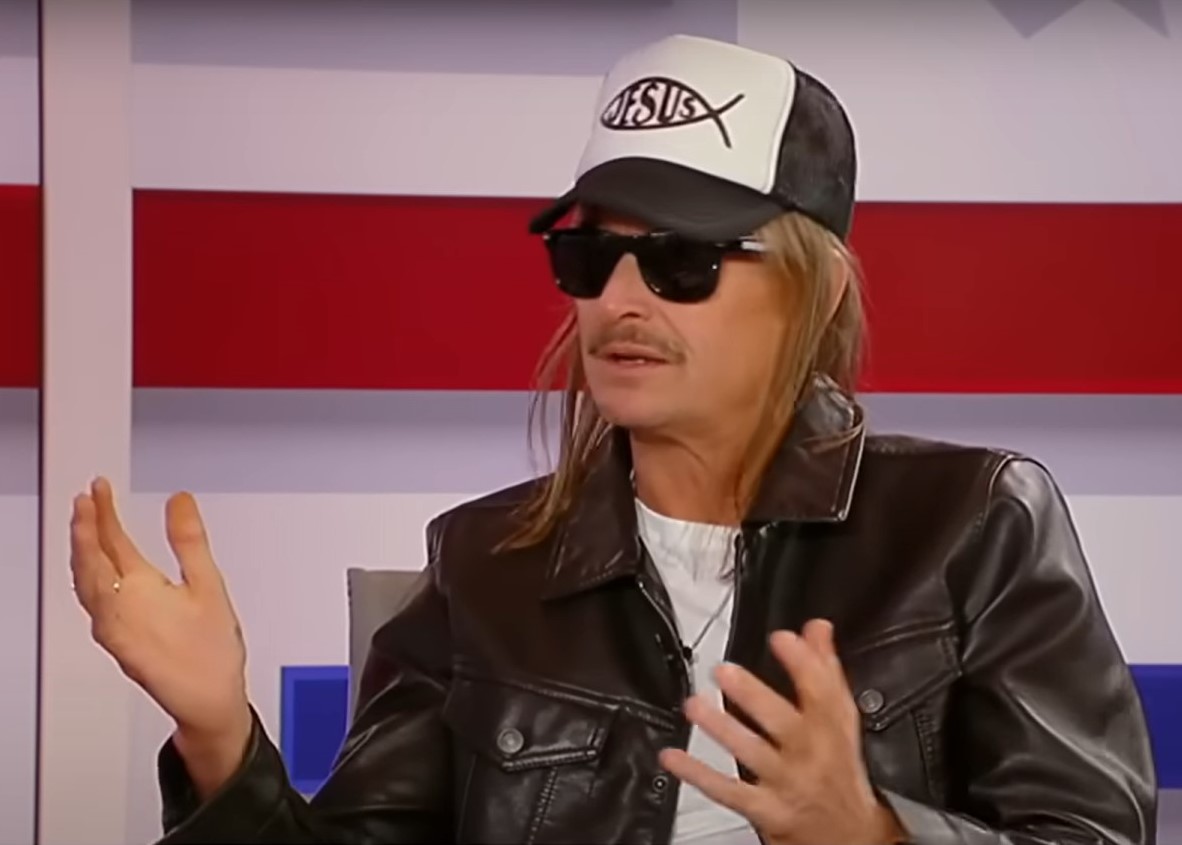
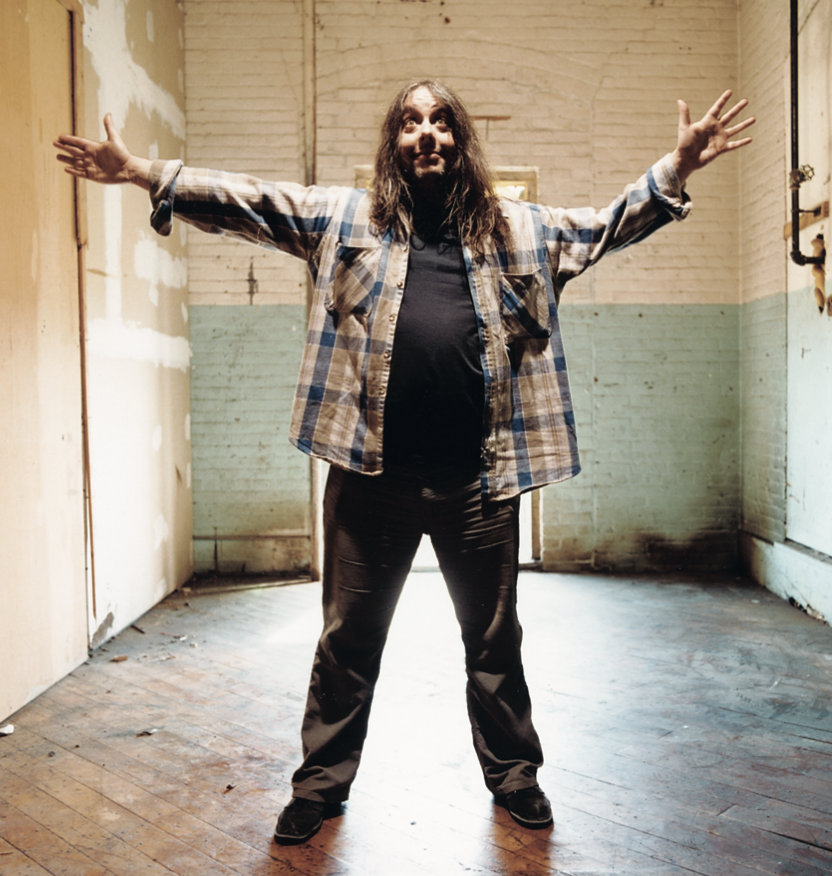




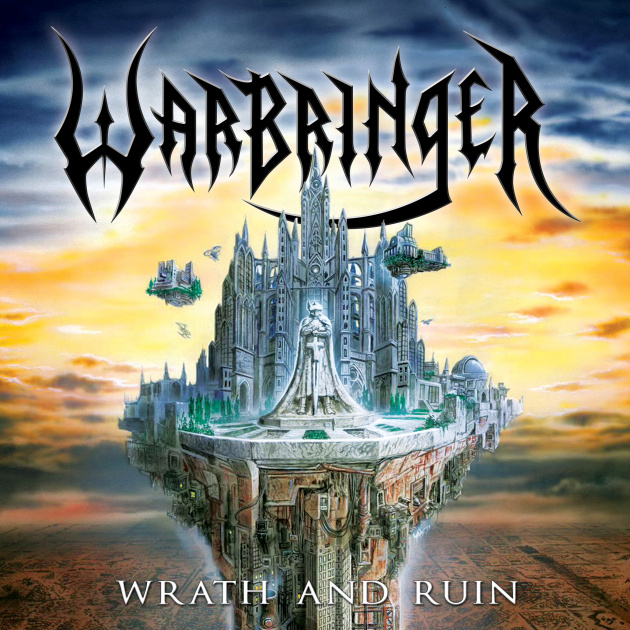

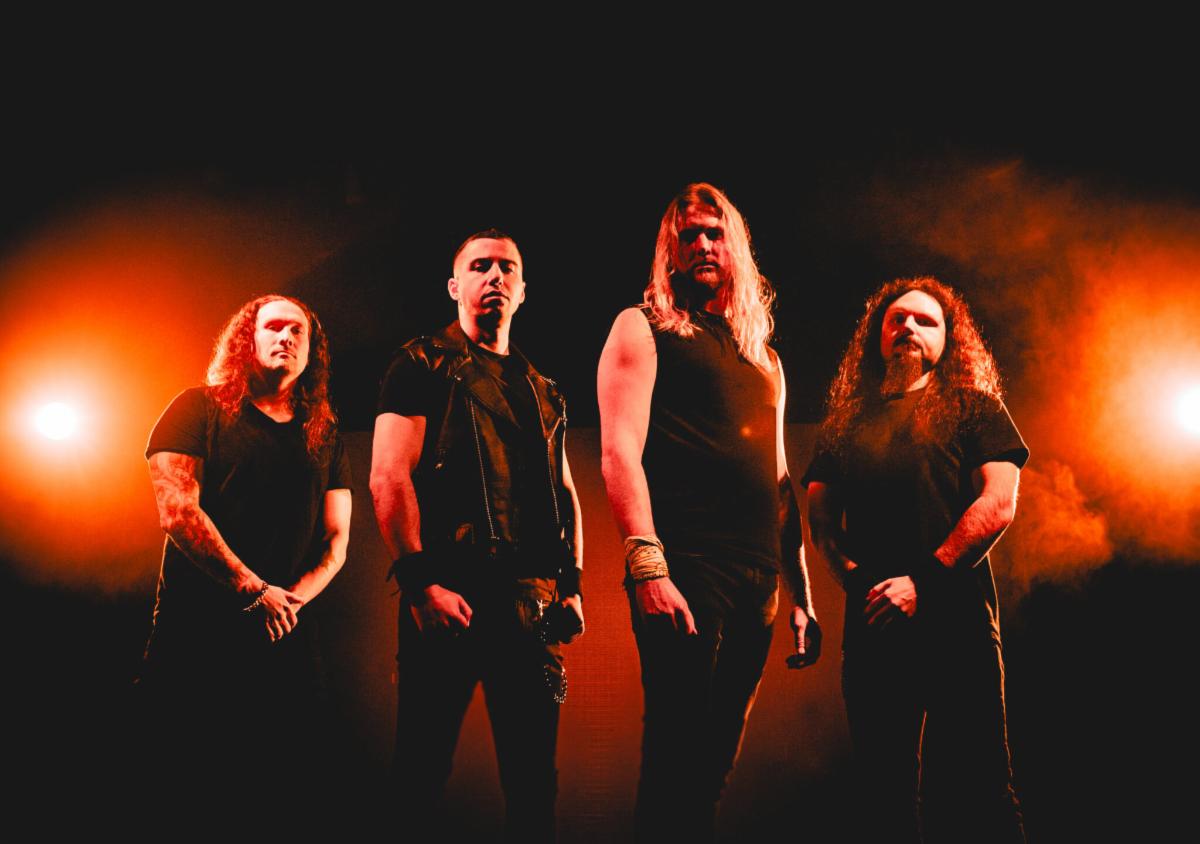
![Motionless In White – Werewolf [Official Video] Motionless In White – Werewolf [Official Video]](https://i.ytimg.com/vi/xzojuv9zMGA/maxresdefault.jpg)






